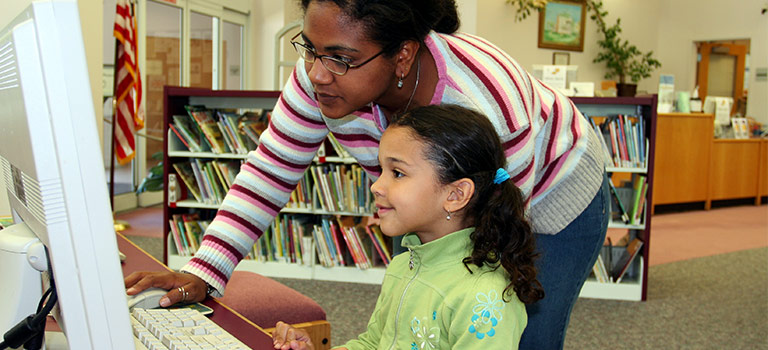As a 23 year old, I belong to the very last age group of people who remember a world before internet connection became ubiquitous. My internet connection was dial up. Once I was old enough to start browsing the web, my parents sprung into action. They installed intense internet safety child blocks all over the internet. These blocks would not only prevent me from accessing most websites, but the program would even email my parents reports of my web activity. Because of this, I was able to avoid the predatory parts of the internet easily. Children today face a very different situation.
Achieving your kid’s internet safety
According to a report conducted by Common Sense Media, “Teens in the United States spend about nine hours using media for their enjoyment.” When your child interacts online, a unique set of problems present themselves. Unlike adults, children are experiencing the novelty of the internet for the first time. Because of this, children often are subject to be more curious, trusting, and gullible. Additionally, kids are in a rebellious stage. Because of this, they are much very likely to act erratically online. To properly ensure the internet safety of your child online, or at least the safety of your computer, here are some tips to follow.
Monitor your child’s activities.
Your kids are going to hate it when you monitor what they are doing. I speak from experience. But children, especially under the age of 13, are going to have a hard time spotting scams. They are very susceptible to falling for schemes. Also, they have not had practice in understanding the difference between an ad, spam, or a malicious attack. A lot of games children are attracted to often have a built in chat room feature. Any child under 13 is easily vulnerable to predators who pose as other children. Make sure your child’s correspondence does not raise any red flags. Be aware what sites they are visiting regularly.
Be open and communicative with your child.
Have honest talks about how people will try to scam you on the internet. Be sure they understand the implications of a virus. Help them understand the basic principals of cyber hygiene. Make sure your kids know they can talk to you whenever they have a question.
Make sure your child is as anonymous as possible.
Social media is going to be a life or death situation for a lot of kids, especially by time they hit middle school. For a middle schooler, having a Facebook or Snapchat is the crux of their social life. Exercising restraint is beneficial for a child’s internet safety. For example, a child should not reveal their last name. It is important that kids understand they should never distribute their name, home address, passwords, or telephone number, to anyone they do not know.
Make separate accounts on your computer.
If you share a computer with your child, give them their own computer account. It is simply logical to take measure to protect your important files from being accidentally deleted or distributed.
The internet can be a fascinating and scary place. Kids gravitate to the internet moths to a light. As we become more focused on technology, connectivity becomes essential in school and in the work world. Make sure they know how to browse responsibly. Kids must know that actions, even on the internet, can have real life consequences. Having honest, open conversations with your child will contribute greatly to their internet safety.
Tags: anonymous, children, communication, Cyber Hygiene, cybersafe, Cybersecurity, deleted, Files, internet safety, kids cybersecurity, kids online, Password, spam, Virus


